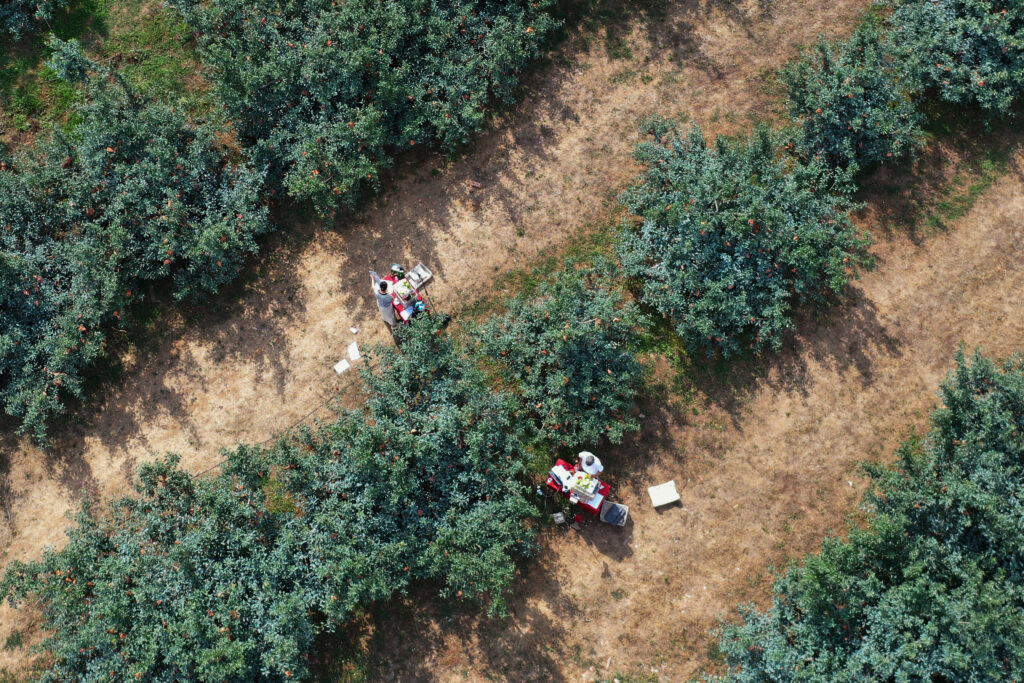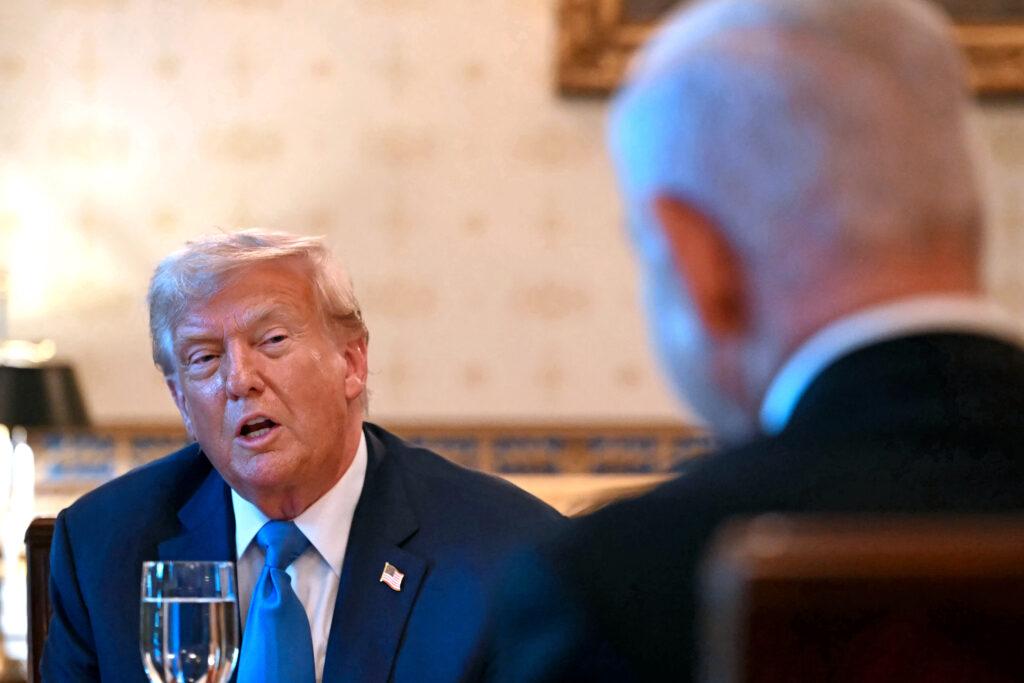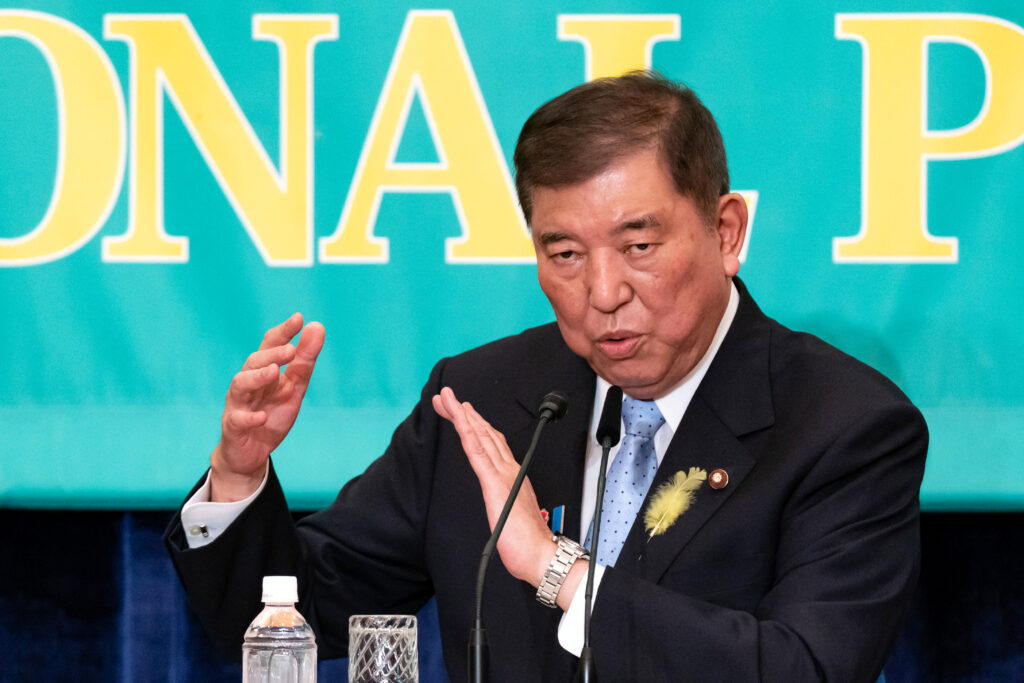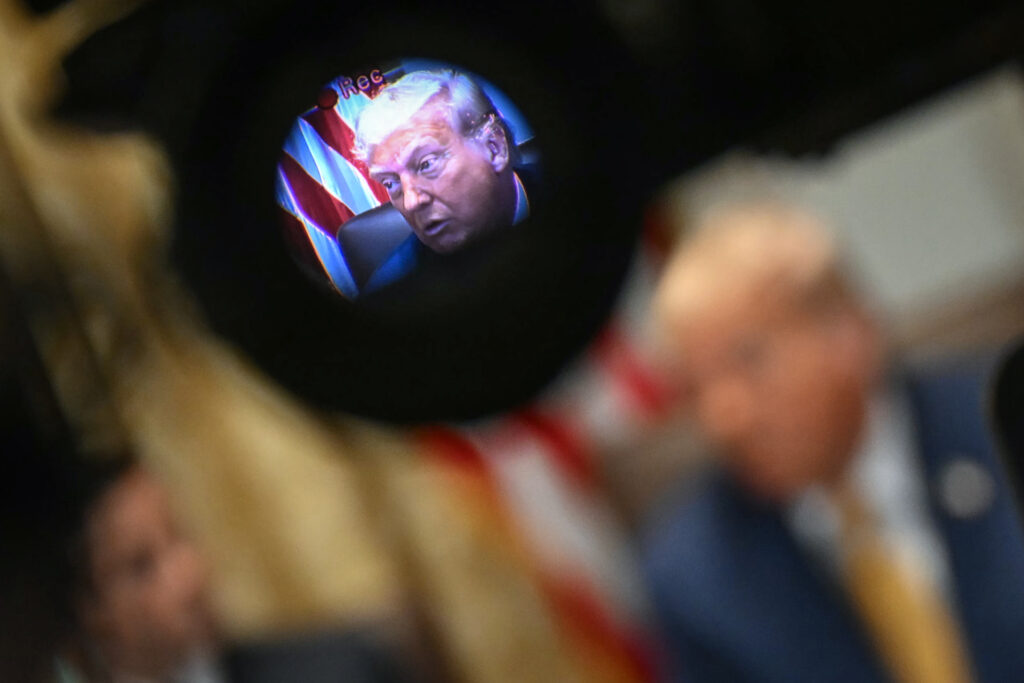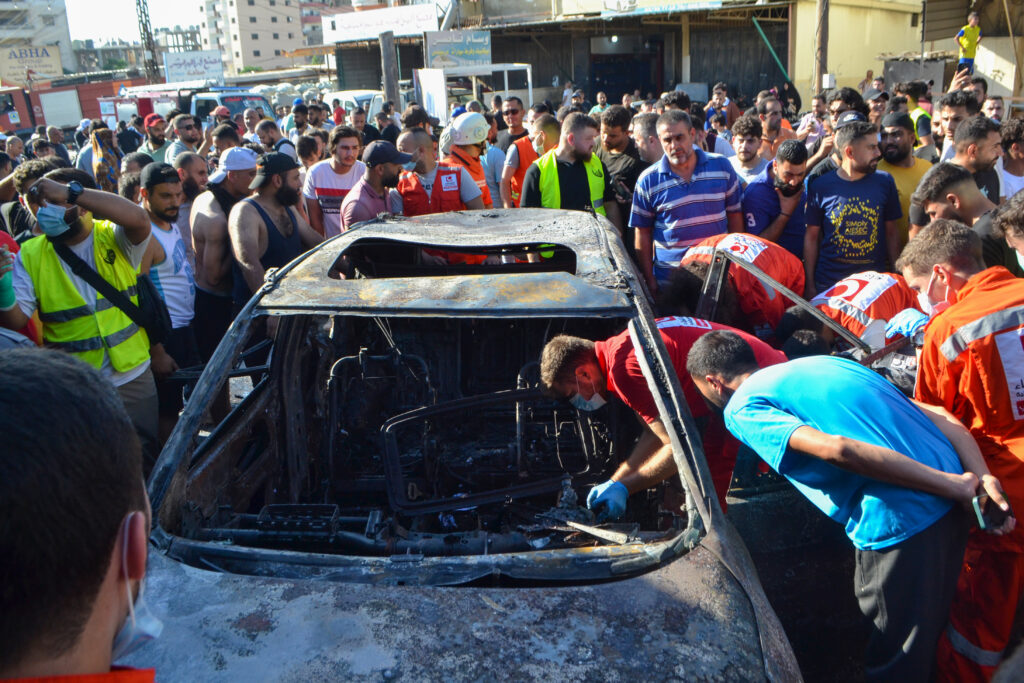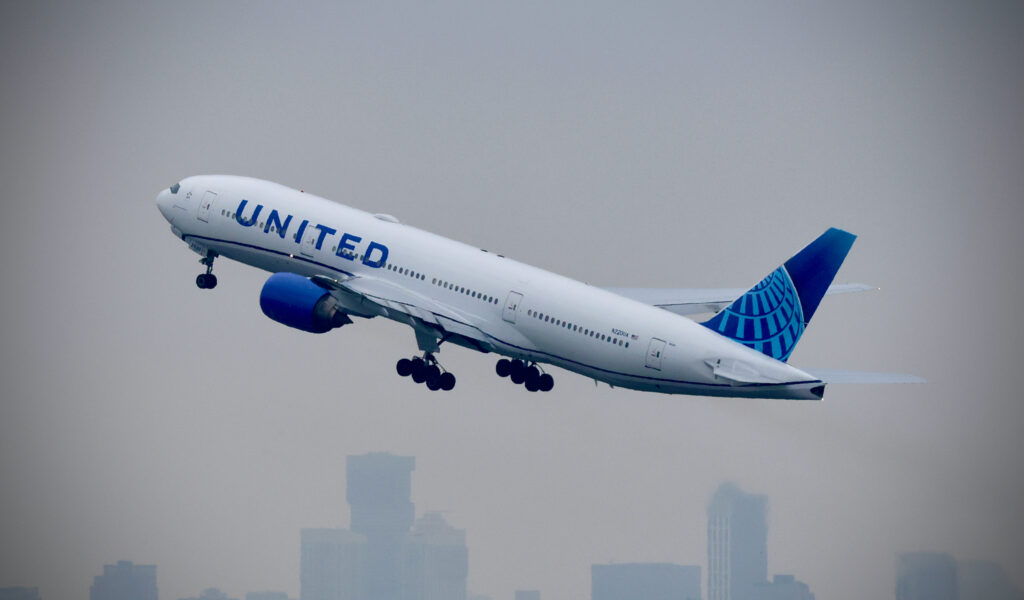US President Donald Trump said Israeli Prime Minister Benjamin Netanyahu would return to the White House for talks Tuesday in a bid to end the “tragedy” of the Gaza war, after Qatari mediators warned it would take time to seal a deal.The dramatic push came as Trump’s special envoy Steve Witkoff said he hoped for an agreement on an elusive 60-day ceasefire between Israel and Hamas by the end of the week.Trump said the second meeting in two days between the US and Israeli leaders — after he hosted Netanyahu at the White House on Monday — reflected that all sides wanted to reach an agreement.”It’s a tragedy, and he (Netanyahu) wants to get it solved, and I want to get it solved, and I think the other side wants to,” Trump told reporters at a cabinet meeting.Netanyahu, who was also meeting congressional leaders during his third trip to Washington since Trump returned to power, is due to meet Trump again at 4:30 pm (2030 GMT), the Israeli prime minister’s office said.Trump has strongly backed Netanyahu, especially over the recent Iran-Israel war, but has also been stepping up the pressure to end what he calls the “hell” in Gaza.Qatar however said Tuesday more time was needed for negotiations for a breakthrough between Israel and Hamas, as indirect negotiations extended into a third day in Doha.”I don’t think that I can give any timeline at the moment, but I can say right now that we will need time for this,” Qatar’s foreign ministry spokesman Majed Al-Ansari said.- ‘Hopeful’ -Qatar, a mediator along with the United States and Egypt, said the meetings in Doha were focused on a framework for the talks, while a Palestinian official close to the negotiations said no breakthrough had been achieved so far.But Witkoff, who is set to join the talks in Doha this week, was upbeat.”We are hopeful that by end of this week we will have an agreement that will bring us into a 60-day ceasefire,” Witkoff said at Trump’s cabinet meeting.”Ten live hostages will be released. Nine deceased will be released.”On the ground, five Israeli soldiers were killed in combat in northern Gaza — one of the deadliest days this year for Israeli forces in the Palestinian territory.Gaza’s civil defence meanwhile reported 29 killed in Israeli strikes on Tuesday, including three children.Israel and Hamas began the latest round of negotiations on Sunday, with representatives seated in separate rooms within the same building.An Israeli official accompanying Netanyahu to Washington said the proposal under discussion was “80-90 percent of what Israel wanted.”But far-right National Security Minister Itamar Ben Gvir opposed negotiations with Hamas, saying that “there is no need to negotiate with those who murder our fighters; they must be torn to shreds.”- ‘Difficult morning’ -Netanyahu described the loss of five soldiers in Gaza as a “difficult morning.” They were reportedly killed by improvised explosive devices near Beit Hanun in northern Gaza.According to the Israeli military, 450 soldiers have been killed in the Gaza military campaign.The war has created dire humanitarian conditions for Gaza’s more than two million people.Netanyahu said as he met Trump on Monday that Israel and the United States were close to a deal with neighboring countries on taking in Palestinians in Gaza — though Arab countries have rejected such plans.Earlier this year Trump proposed taking over the Gaza Strip and displacing its people, though he has been quieter on the plan in recent months.”I think President Trump had a brilliant vision. It’s called free choice. If people want to stay (in Gaza), they can stay; but if they want to leave, they should be able to leave,” Netanyahu said.The war in Gaza was triggered by Hamas’s October 2023 attack on Israel, which resulted in the deaths of 1,219 people, mostly civilians, according to an AFP tally based on Israeli official figures.Of 251 hostages taken by Palestinian militants during attack, 49 are still held in Gaza, including 27 the Israeli military says are dead.Israel’s retaliatory campaign has killed at least 57,575 people in Gaza, also mostly civilians, according to the Hamas-run territory’s health ministry. The UN considers the figures reliable.burs-dk/bjt
